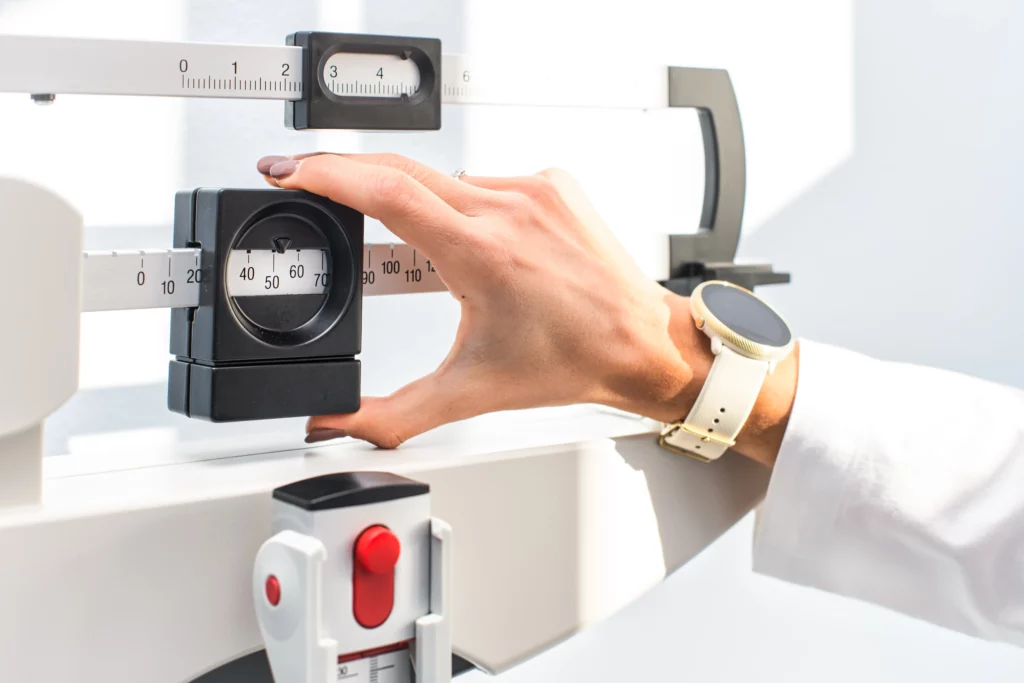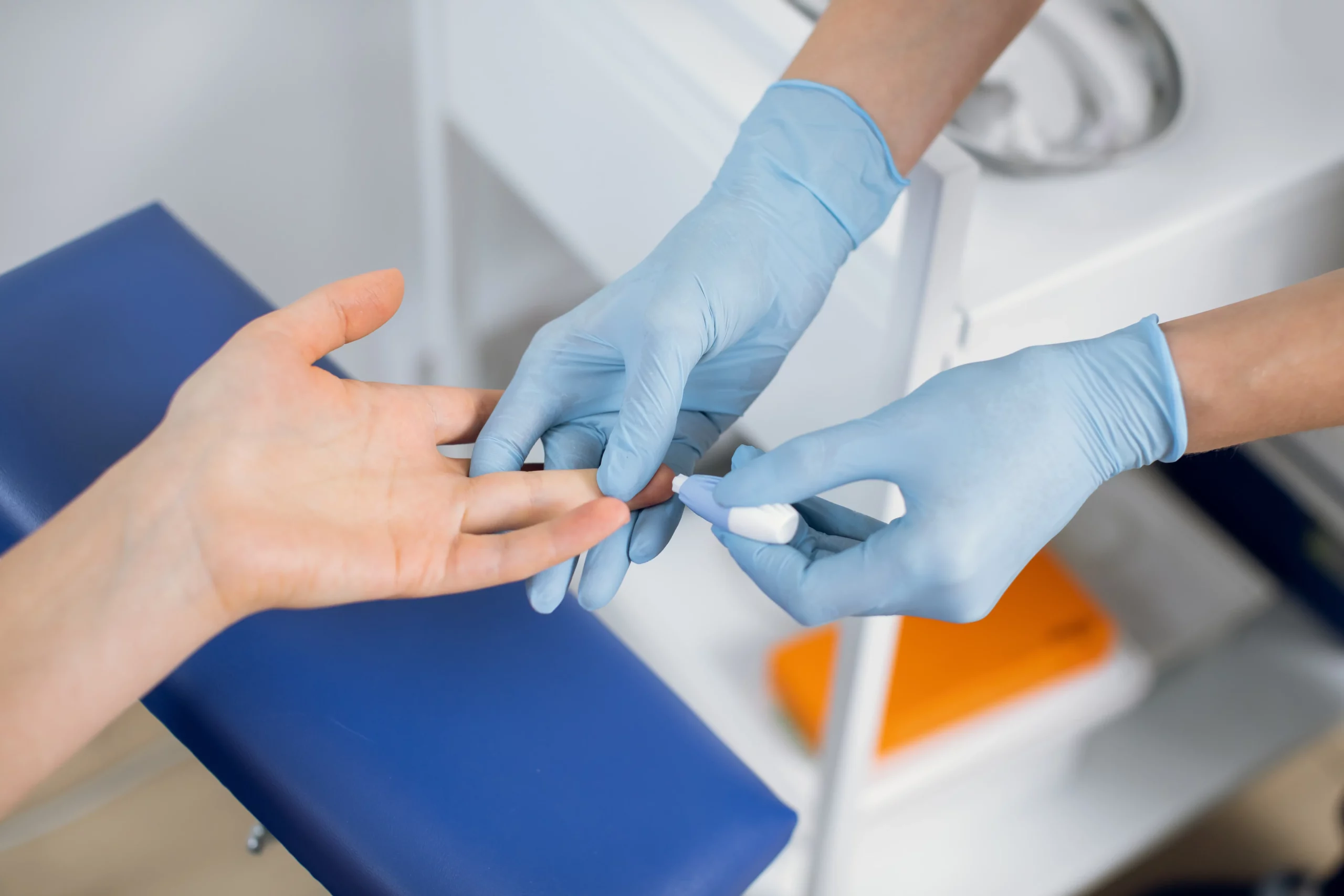A biometric screening is a clinical checkup that seeks to give an overview of a person’s health status based on the measurement of certain physical characteristics. This test is not used to give a definitive diagnosis of a disease, but rather to identify risk factors and warning signs that may indicate the presence of a health problem.
These tests are often administered in the workplace as part of preventive care. The main objectives are to have a baseline regarding your health status, identify risk factors to prevent injuries and accidents at work, analyze changes in the health condition of employees over time, and seek an optimal health status of the employees.
What Are the Most Common Tests Performed in a Biometric Screening?
During the biometric examination, some basic physical characteristics such as height, weight, waist circumference, and body mass index are measured. In addition, blood cholesterol and triglycerides, blood pressure, blood glucose, and sometimes even aerobic fitness tests are performed to identify potential risks for diabetes, cardiovascular disease, and other potentially dangerous conditions.
What to Expect in a Biometric Screening
The biometric screening normally takes no more than 30 minutes. It will be performed by qualified healthcare personnel. As mentioned before, they will measure your height, weight, and waist circumference. Also, they will check your blood pressure using a cuff around your arm. To test your cholesterol levels and other health indicators in your blood, they will draw blood (usually with a finger prick). Finally, you may be asked to fill out a questionnaire about your lifestyle, current health status, and family medical records. There are some places that have also implemented a brief mental health assessment.
How to Prepare for a Biometric Screening
Normally, they will inform you of the steps you need to take to prepare for the screening. Common indications include:
- Fasting for 9 to 12 hours. During this period, you will only be able to drink water. In fact, it is recommended that you stay well hydrated. Do not fast for more than 14 hours. If you have a medical condition that prevents you from fasting, discuss it with your medical provider.
- Wear comfortable clothing.
- Take your medications as you normally would if you have any prescribed.
- Do not smoke, exercise, or chew gum.
- Try to avoid drinking alcohol for 24 hours prior to the test.
These indications are intended to ensure the most accurate results possible and to avoid inaccurate readings, especially in blood tests.
What Do the Results of a Biometric Screening Mean?
In most cases, the results are ready immediately. The medical professional will explain your results, and inform you if there are any signs of concern.
These guides will help you understand your results:
Blood glucose
| Normal | Pre-Diabetic | Diabetes |
| Below 100 mg/dL | 100 – 125 mg/dL | 126 mg/dL or higher |
Blood pressure
| Desirable | Pre-Hypertensive | Hypertensive |
| Below 120/80 | 120/80 – 140/90 | Above 140/90 |
Plus, here you can find out what your cholesterol and triglyceride results mean, and here you will find information on what your BMI and waist circumference indicate. Based on your results, they may advise you on changes you can make to your lifestyle habits, such as adopting a healthier diet or becoming more physically active. In addition, they may recommend further testing to confirm or rule out a diagnosis and, if necessary, start treatment early.
Benefits of Biometric Screenings
There are numerous advantages to biometric screenings. The most important is that it helps detect health problems that may go unnoticed, such as high cholesterol levels. Thus, it can be crucial in discovering a medical condition in time to initiate the necessary treatment.
On the other hand, you can make better decisions that will help you to be in optimal health by having a more concrete idea of your health status. In addition, you can have a baseline to know if any changes you make in your routine are beneficial or detrimental to you.
However, remember that biometric screening is not a diagnostic tool, so it alone will not be enough to diagnose a disease. It does not replace the annual physical exams performed by your physician, but it will give you important information to discover risk factors.
Having your biometric exams done in a place where you feel comfortable is important. It’s normal to feel some anxiety about the tests and the results, so it is helpful if the healthcare professionals treating you are empathetic and understanding. At DFW Family Clinic, we offer biometric screenings at an affordable price. In addition, we have highly qualified professionals who will give you all the information you need to understand your health status. Contact us if you have any questions or would like to schedule your appointment.









